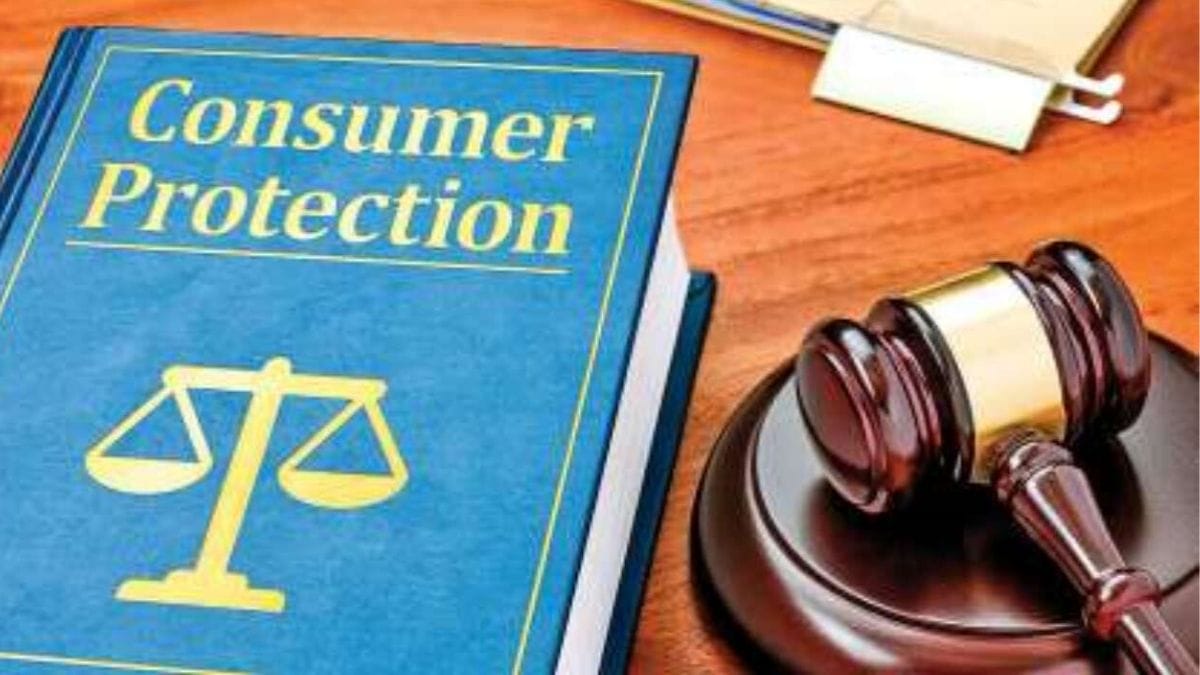The Consumer Protection Act, 2019, which comes into force on July 20, 2020 and supersedes the earlier Consumer Protection Act, 1986, gives an advantage to customers, such as requiring consultation, review of much provides a broad overview and a right to dispute unjustified terms of service.
This took nearly a year for the latest Act to be updated, following the President’s nod in August 2019. On 8 July 2019, Ram Vilas Paswan, Minister for Consumer Affairs, Food and Public Distribution, introduced the bill in lok sabha. The Consumer Protection Act (1986) has remained in effect until now.
Highlights:
- The purpose of the Act is to safeguard and improve consumer rights through creating regulators, enforcing stringent liability and penalties on manufacturers of goods, suppliers of online services, deceptive advertising and allowing for direct resolution of consumer conflicts through resolution.
- The new Act identifies a provider of electronic services as the one that offers technology or processes that enable a vendor to advertise or offer products or services to a customer and involves any online marketplace or online sale websites.
- There are penalty and fines for manufacturers on misleading advertisements. There is no prison clause for celebs, but if it happens to be deceptive they could be banned from brand endorsements.
- There is also a framework for class action litigation suit to guarantee customers ‘ interests are not breached. For a false or misleading advertising by manufacturer or endorser penalties up to 10 lakh rupees and to imprison for up to two years is imposed.
- Exclusive laws concerned with product fraud would be enforced for the first time. The supplier, retail delivery company or merchandise retailer may also be liable for any loss or harm incurred by a faulty product or service fault.
- Consumers may lodge lawsuits from anywhere and may not need to pay a lawyer to defend their case.
- Cases with a value greater than Rs 10 crore will be considered by the National Consumer Disputes Redressal Commission.


